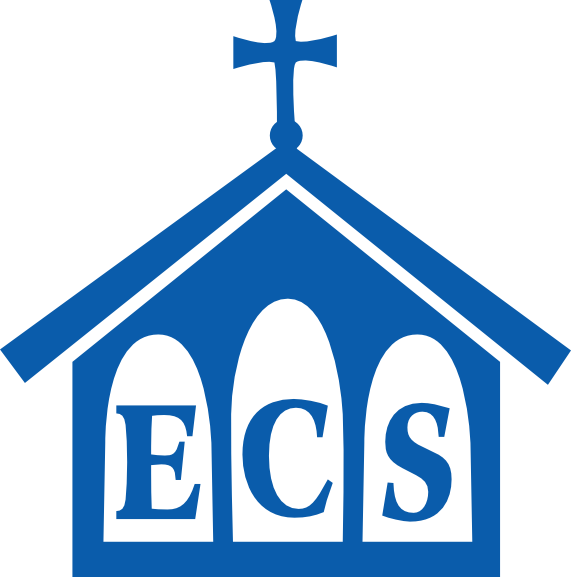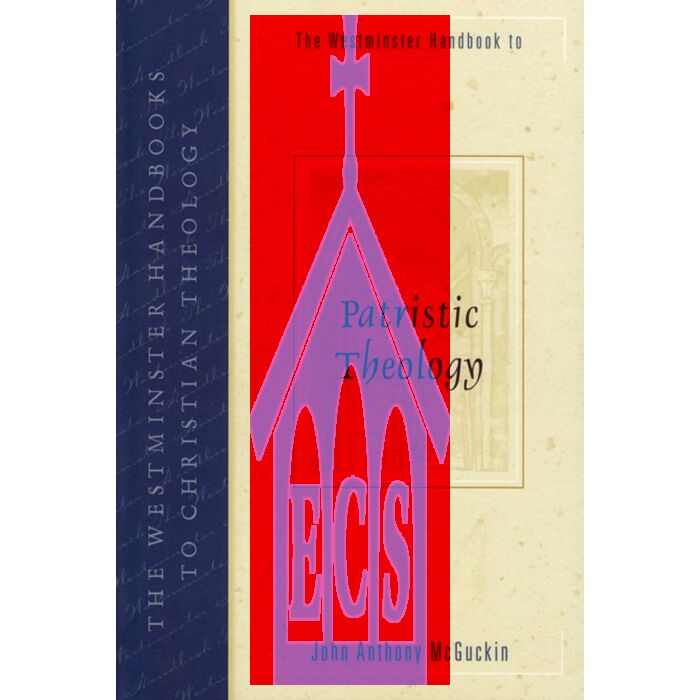This is a demo store. No orders will be fulfilled.
The Westminster Handbook to Patristic Theology
Special Price
$28.95
Regular Price
$35.95
In stock
SKU
BKW662
John Anthony McGuckin
Publication Data: Louisville, KY/London, United Kingdom: Westminster John Knox Press, 2004
Format: softcover
Number of Pages: xxiv + 367
Dimensions (l × w × h): 22.9 cm × 15.3 cm × 2.9 cm
ISBN: 0‒664‒22396‒6
John Anthony McGuckin
A volume of The Westminster Handbooks to Christian Theology
“The present volume relates to that formative period known as ‘patristics,’ a term signifying the early bishops from the second century through (usually) to the eighth century. Bishops were not the only shapers of the church, by any means, and the range of entries offered here covers men and women, clerical and lay, in the earliest ages. Nevertheless it seemed right to preserve the designation ‘patristic’ since it connotes the manner in which this episcopal theology of the postapostolic period assumed a position of authority that was, in a real sense, an extension of the biblical era of revelation, at least for the Orthodox and Catholic churches. Patristic theology, for both traditions, represented a good part of formative Christian tradition[...].”
—“Preface”
CONTENTS
Series Introduction
Preface
Thematic Guide to Reading the Handbook
Abbreviations
A—Z Entries
The Westminster Handbook to Patristic Theology
Format: softcover
Number of Pages: xxiv + 367
Dimensions (l × w × h): 22.9 cm × 15.3 cm × 2.9 cm
ISBN: 0‒664‒22396‒6
John Anthony McGuckin
A volume of The Westminster Handbooks to Christian Theology
“The present volume relates to that formative period known as ‘patristics,’ a term signifying the early bishops from the second century through (usually) to the eighth century. Bishops were not the only shapers of the church, by any means, and the range of entries offered here covers men and women, clerical and lay, in the earliest ages. Nevertheless it seemed right to preserve the designation ‘patristic’ since it connotes the manner in which this episcopal theology of the postapostolic period assumed a position of authority that was, in a real sense, an extension of the biblical era of revelation, at least for the Orthodox and Catholic churches. Patristic theology, for both traditions, represented a good part of formative Christian tradition[...].”
—“Preface”
CONTENTS
Series Introduction
Preface
Thematic Guide to Reading the Handbook
Abbreviations
A—Z Entries
The Westminster Handbook to Patristic Theology
Write Your Own Review


